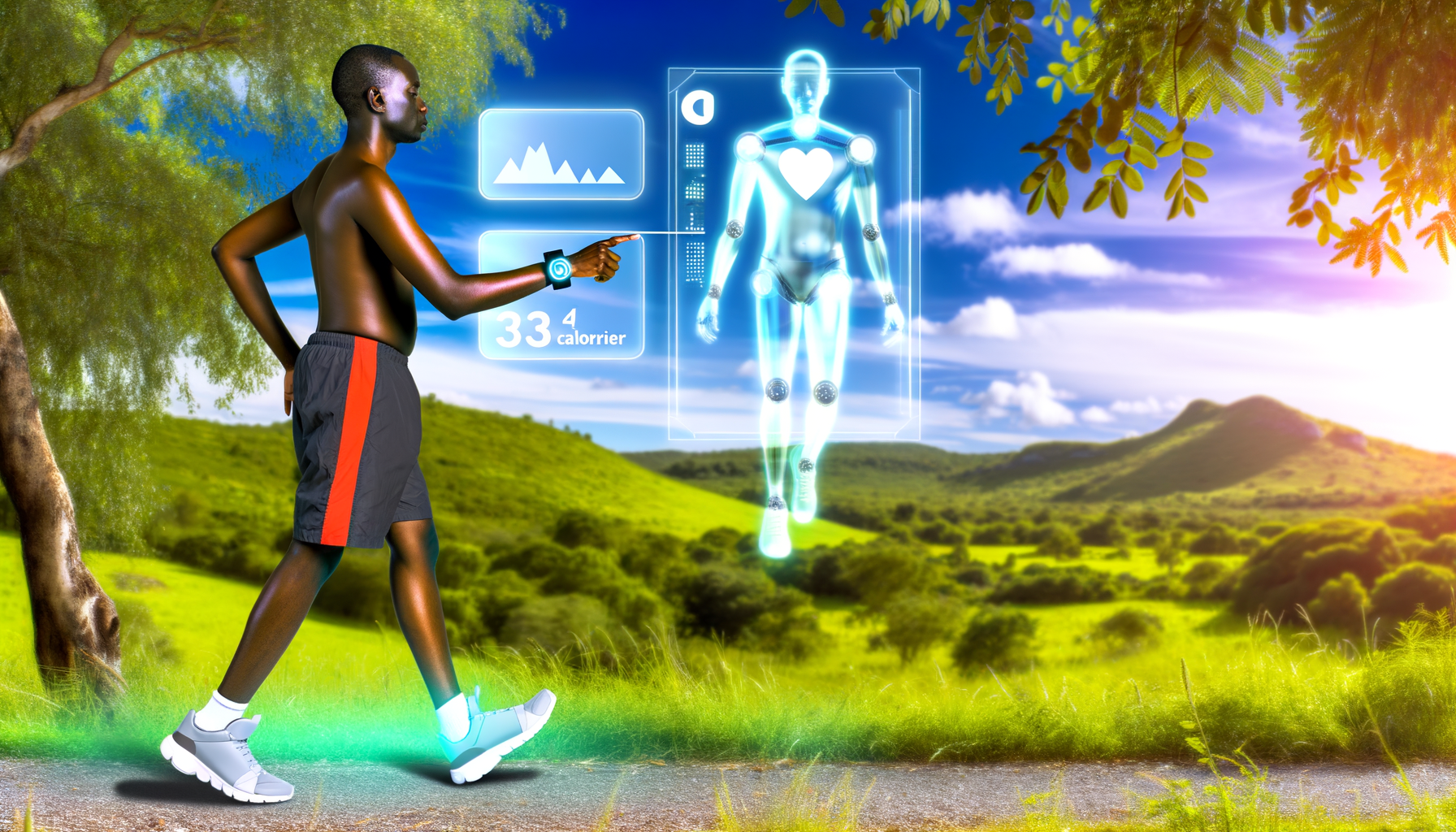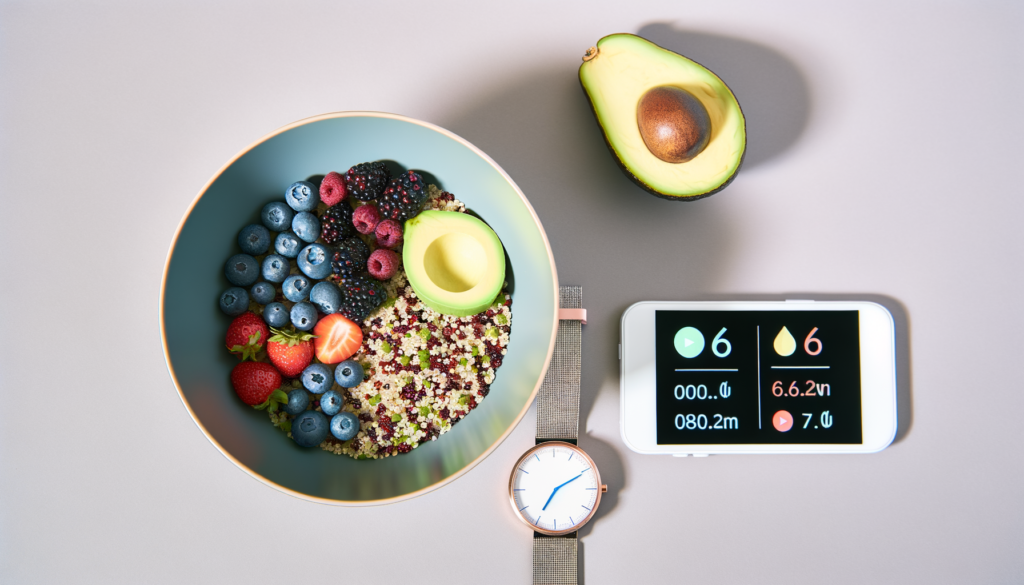Innovations in Calorie Tracking Technologies Empowering Symbiotic AI
The intersection of human nutrition management and artificial intelligence is rapidly evolving, giving rise to the concept of AI symbiosis. This relationship goes beyond mere calorie counting to involve a collaborative integration where AI systems learn from human behaviors and, in turn, enhance dietary choices through personalized feedback. The rise of human-machine nutrition tools is reshaping how we approach food consumption, wellness, and cognitive health, enabling what can be described as cognitive fusion diets.
Understanding AI Symbiosis in Nutrition
AI symbiosis embodies a partnership where artificial intelligence deeply integrates with human dietary habits to optimize nutrition intake and health outcomes. Unlike traditional calorie tracking, AI symbiosis leverages advanced machine learning, image recognition, and natural language processing to create seamless, real-time feedback loops between users and technology. This dynamic connection fosters an adaptive nutrition experience tailored specifically to individual metabolic profiles and lifestyle needs.
Applications such as Calorie Calculator Cloud exemplify platforms that harness scientific algorithms and AI-powered data inputs to precisely tailor calorie budgets and macronutrient distributions. These platforms utilize equations like the Mifflin-St Jeor to calculate basal metabolic rate and total daily energy expenditure, delivering personalized calorie targets based on diverse diet preferences and fitness goals.
How Calorie Tracking Apps Facilitate AI Symbiosis
Modern calorie tracking apps have evolved from simple logging tools into intelligent assistants that support the human-AI symbiotic relationship. Here’s how state-of-the-art apps contribute to this process:
- AI-Powered Food Recognition: Apps like Calo AI Food Calorie Counter and Calorie Mama utilize computer vision and machine learning to instantly identify food items from photos and provide nutritional data, reducing manual entry errors and user burden.
- Speech-Controlled Logging: Innovative systems developed by institutions such as MIT use voice recognition to allow users to verbally describe meals, which AI then parses to retrieve calorie and nutrition information. This hands-free interaction enhances usability and compliance.
- Personalized Macros Programming: Based on user activity and preference, apps generate tailored macronutrient recommendations, enabling users to follow specific diets such as low-carb, keto, vegan, or paleo, all within one integrated system.
- Barcode Scanning for Packaged Foods: Quick scans retrieve accurate data on branded products, assisting users in maintaining precise intake records without guesswork.
Human-Machine Nutrition: The New Frontier
Human-machine nutrition denotes the growing trend of AI systems co-managing dietary choices alongside users. This interaction taps into not only caloric intake but also micronutrient balance, meal timing, and overall lifestyle factors influencing metabolic health.
For example, by analyzing patterns in user food logs and biological feedback, AI can suggest food swaps or portion adjustments to optimize energy levels and cognitive function. The technology’s adaptability helps overcome common dietary challenges such as inconsistent logging, misestimations, and boredom with repetitive meal plans.
Platforms that promote this synergy are increasingly integrating their services with wearable fitness tech and health monitoring devices. This creates a continuous data stream that further refines the AI’s guidance, making nutrition advice more responsive and personalized.
Case Study: Calo App’s Role in Cognitive Fusion Diets
The Calo app stands as a vivid example of AI’s role in shaping cognitive fusion diets. Through its combination of AI-powered photo logging, macro tracking, and scientific basal metabolic calculations, Calo offers users a seamless interface that bridges cognitive awareness with nutritional action.
Users report that the app’s capacity to auto-recognize foods and suggest macro adjustments has reduced the cognitive load of meal planning, allowing them to focus mentally on wellness goals rather than tedious calorie math. The app’s intelligent learning from user habits also personalizes recommendations over time, embodying a true symbiotic relationship between human cognition and AI.
Challenges and Future Directions in AI-Driven Nutrition
While advances are impressive, obstacles remain in perfecting AI-human nutritional symbiosis. Accuracy in calorie estimation can vary, as seen in user feedback on apps like BitePal, where AI sometimes overestimates calories. Such discrepancies highlight the ongoing need for refined food databases, including brand-specific information and portion size standardization.
Efforts to improve natural language processing, like MIT’s speech-controlled calorie counter, are promising but still in development stages for widespread adoption. Moreover, integrating diverse dietary cultures into AI systems challenges developers to maintain inclusivity and accuracy across global cuisines.
Nevertheless, the trajectory points to increasingly sophisticated AI systems that will not only log calories but anticipate nutritional needs based on cognitive and physiological indicators — ushering in an era of truly intelligent, adaptive diets.
Maximizing the Benefits of AI Symbiosis in Your Nutrition Journey
To fully harness the potential of AI in nutrition, individuals and health professionals should consider the following strategies:
- Choose AI calorie trackers with comprehensive food databases and AI recognition capabilities, such as Calorie Calculator Cloud.
- Incorporate voice-activated or photo-based logging to reduce entry fatigue and improve tracking consistency.
- Utilize apps offering tailored macronutrient guidance to align with unique health goals and metabolic conditions.
- Leverage integrations with wearable tech to provide holistic data for AI systems to improve predictions and suggestions.
- Stay mindful of app limitations, and cross-check calorie counts when necessary to ensure accuracy.
Unlocking a New Paradigm in Nutrition Management
The evolution of calorie tracking into an AI-powered, symbiotic process is transforming human nutrition. By blending cognitive awareness with machine intelligence, human-machine nutrition is enabling smarter dietary choices and fostering sustained health improvements.
Innovative tools like Calorie Calculator Plans provide flexible options for individuals and professionals seeking to implement this technology seamlessly into daily life or clinical practice.
As AI advances, the promise of cognitive fusion diets—where nutrition strategies adapt dynamically to mental and physical states—becomes increasingly attainable, shaping a healthier future where humans and machines nourish each other in harmony.
Explore more about these groundbreaking nutrition technologies and start your journey toward effective AI-powered nutrition management today!








